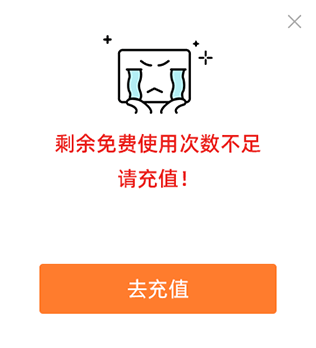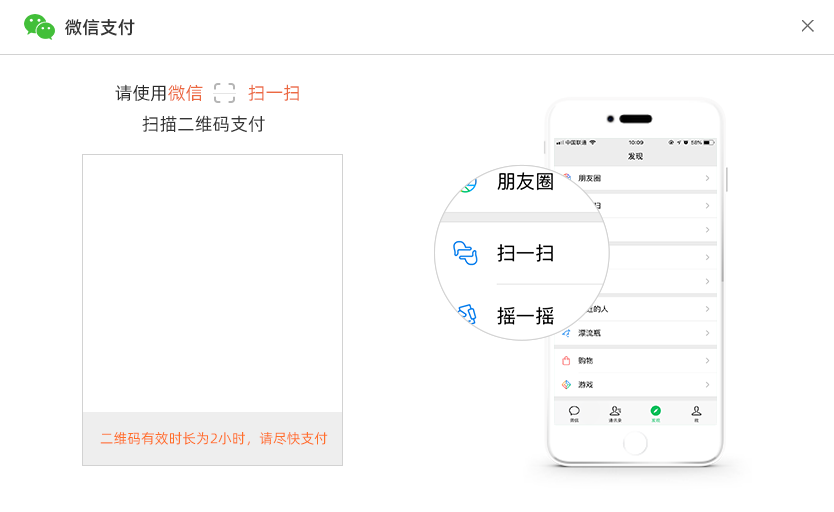"Our company recently disposed and sold a batch of old computers, but our company does not have this item in its business scope. Can we issue invoices?" "Our company recently provided consulting services, but our company does not have this item in its business scope. Can we issue invoices?" These problems are common in financial work.

In actual work, some taxpayers sold goods or provided services outside the business scope, and the tax authorities in different regions did not have a unified statement on this issue, so taxpayers were confused and worried about the existence of tax risks.
In fact, as far as tax management is concerned, there is no document that clearly stipulates that invoices are not allowed for businesses beyond the business scope.
Today, let's find out whether the company can issue invoices beyond its business scope and how to do it.
Concept beyond business scope
The business scope refers to the business scope that an enterprise engages in business activities after being registered with the registration authority according to law. The business scope of the business entity approved by the industrial and commercial authority is registered and approved according to the industry classification of the national economy, and the operation beyond the scope means that the business entity engages in business activities beyond the business scope approved by the registration authority.
Regulations
Article 1 of the Provisional Regulations of the People's Republic of China on Value Added Tax stipulates that units and individuals selling goods or processing, repair and replacement services (hereinafter referred to as "services"), selling services, intangible assets, immovable property and importing goods within the territory of the People's Republic of China are taxpayers of value added tax and shall pay value added tax in accordance with these Regulations;
The invoice shall be issued in accordance with the requirements of the Invoice Management Measures and its Implementation Rules. According to Article 26 of the Implementation Rules, the unit and individual who fill in the invoice must issue the invoice when the business income is confirmed. No invoice shall be issued without business operation;
That is to say, the Invoice Management Method does not explicitly prohibit taxpayers from issuing invoices beyond their business scope, but instead emphasizes that taxpayers should issue invoices truthfully according to the actual business conditions. Therefore, when an enterprise issues an invoice for an actual business, whether the business is "beyond the business scope" or not, it should issue an invoice based on the actual business situation.
In addition, after the replacement of business tax with VAT, the policy answer of the General Administration and the policy implementation caliber of the local national tax bureaus are that taxpayers can issue VAT invoices on their own for businesses outside the business scope of the business license as long as the taxable business is true.
From the above provisions, we can draw a conclusion that the occurrence of VAT tax liability and the purpose of invoice issuance is to conform to real business. In general, if an enterprise actually has taxable behavior, it should truthfully invoice and pay taxes. The scope of the business license does not hinder whether to invoice and pay taxes. It is not that enterprises are not allowed to issue invoices without this business scope, so as to avoid the occurrence of tax liability.
Tax risk
Although invoices can be issued beyond the business scope, there are certain tax risks. As the information such as commodity code needs to be selected when issuing invoices in the new system, the tax inspection risk will be increased if the actual invoice is significantly different from the main business of the enterprise. However, as long as corresponding evidence can be provided to prove the authenticity of the business and explain the situation to the tax bureau, there is no major problem.
Whether the business scope needs to be increased
Whether the business scope needs to be increased or not, we suggest to deal with it in two cases:
Temporary business: after explaining the situation to the competent tax authority, increase the corresponding tax items and issue invoices by oneself;
Regular business: first go to the industrial and commercial department to change the business scope, then the competent tax authority will recheck the relevant tax items, and then find and increase the tax items in the invoicing system to issue invoices.
How to invoice beyond business scope
Regular business: first, the industrial and commercial department changes the business scope, then the competent tax authority increases the corresponding collection items and collection rate, and issues invoices by itself.
Temporary business: after explaining the situation to the competent tax authority, increase the corresponding items to be collected, and issue invoices on their own.
In a word, invoices can be issued for temporary businesses beyond the business scope; However, enterprises should also keep relevant business information for future inquiry.











